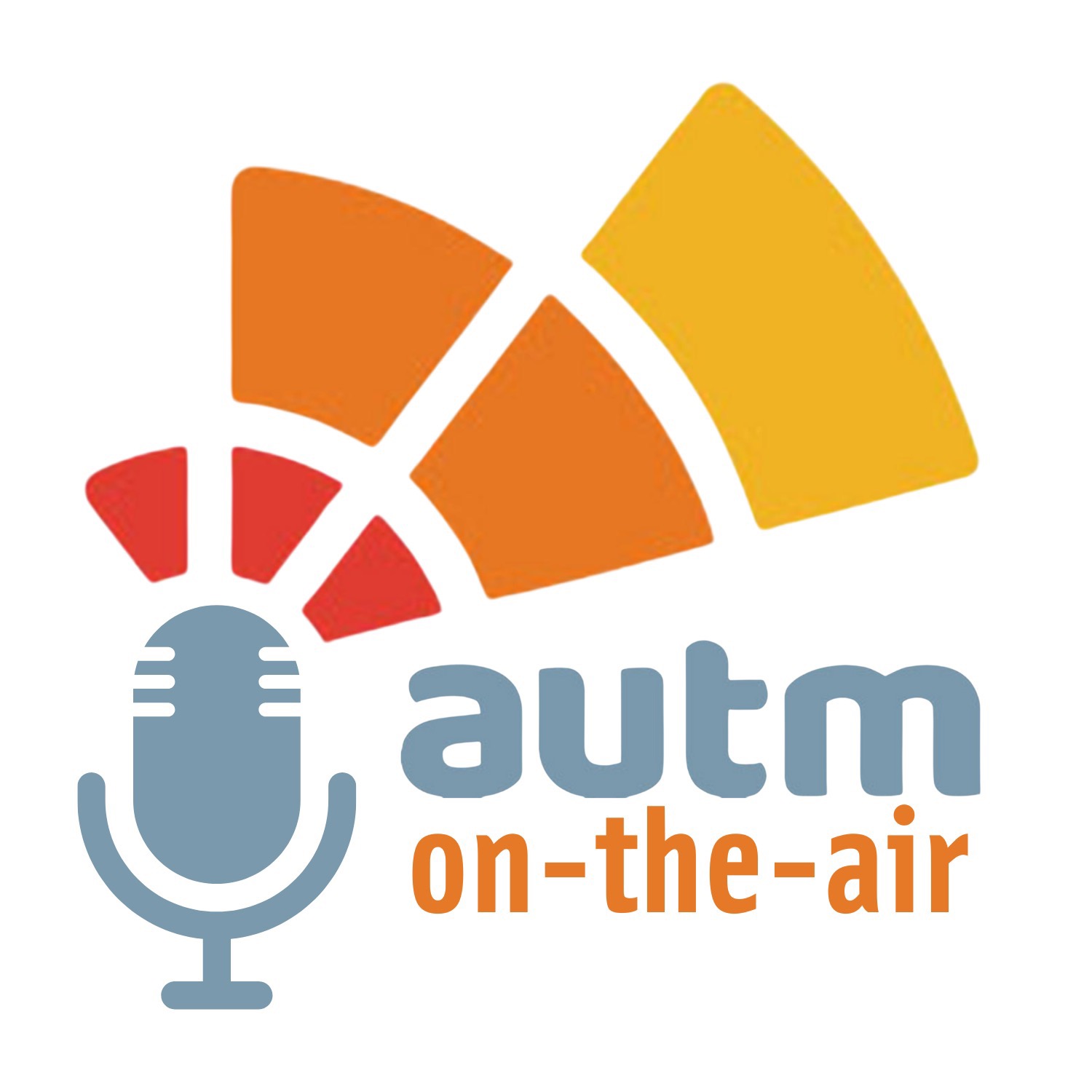Mastering Know-How Licensing: Strategies And Legal Insights With Wes Blakeslee
40m | Jul 3, 2024Have you ever wondered what truly goes into the commercialization of a patented invention? Today we're exploring an often misunderstood aspect of tech transfer: the strategic licensing of know-how.
Know-how encompasses the vital information necessary or beneficial for the commercialization of a patented invention. While a patent license combines aspects of both federal and state law, a know-how license is governed solely by state law, as it lacks federal statutory protection.
To guide us through this intricate subject, we have Wes Blakeslee with us. Wes holds an Engineering Degree from Penn State University and a Law Degree from the University of Maryland School of Law. With over 15 years of experience at The Johns Hopkins University as an Associate General Counsel and later as Executive Director of Technology Transfer, Wes is a seasoned expert in intellectual property and business law. A Certified Licensing Professional, he is a frequent speaker at conferences and a consultant on intellectual property and business matters.
Join us as we dive deep into the complexities and strategic importance of know-how licensing with Wes Blakeslee.
In This Episode:
[01:45] Wes was an engineer with NASA before he became a lawyer. In 1982, he acquired a client that does research and development for the government. There are no patents for classified technology, so that's how he was introduced to "know-how" licensing.
[03:34] It means something you know that others don't. Know-how must be protected like a trade secret with steps taken to protect it.
[04:52] You don't want to patent a trade secret, because the records are public. Patented licenses can include "know-how".
[07:31] Describing "know-how" can include specifications. There's no specific protection for "know-how", so you have to describe the "know-how" and what it can and can't be used for. There are confidentiality provisions.
[09:24] Drafting a non-exclusive license for "know-how" is more simple than a non-exclusive license. It's critical in an exclusive license to make sure that you still have the right to use the information yourself. You have to be careful to define the field.
[12:19] The "know-how" license looks a lot like a patent license, except for the extra terms you have to know, and that there's no general legal protection.
[13:50] Describing the nature of the deal without releasing specifics. Process and product know-how licensing agreement.
[16:24] A lot of "know-how" is process-oriented and gets licensed on an annual basis.
[18:31] The goal of the negotiation is to give the other side everything they need, while preserving for your client everything that they need.
[22:00] Common obstacles include teaching them what they need without teaching them everything you know.
[26:49] Wes talks about the licensing for non-profits and hospitals.
[29:28] Almost every academic license will have a patent and "know-how" in the license.
[35:17] There should be discussion of "know-how" in the advanced licensing course. AUTM is a great resource! Licensing Executives Society is also a good resource.
Resources:
